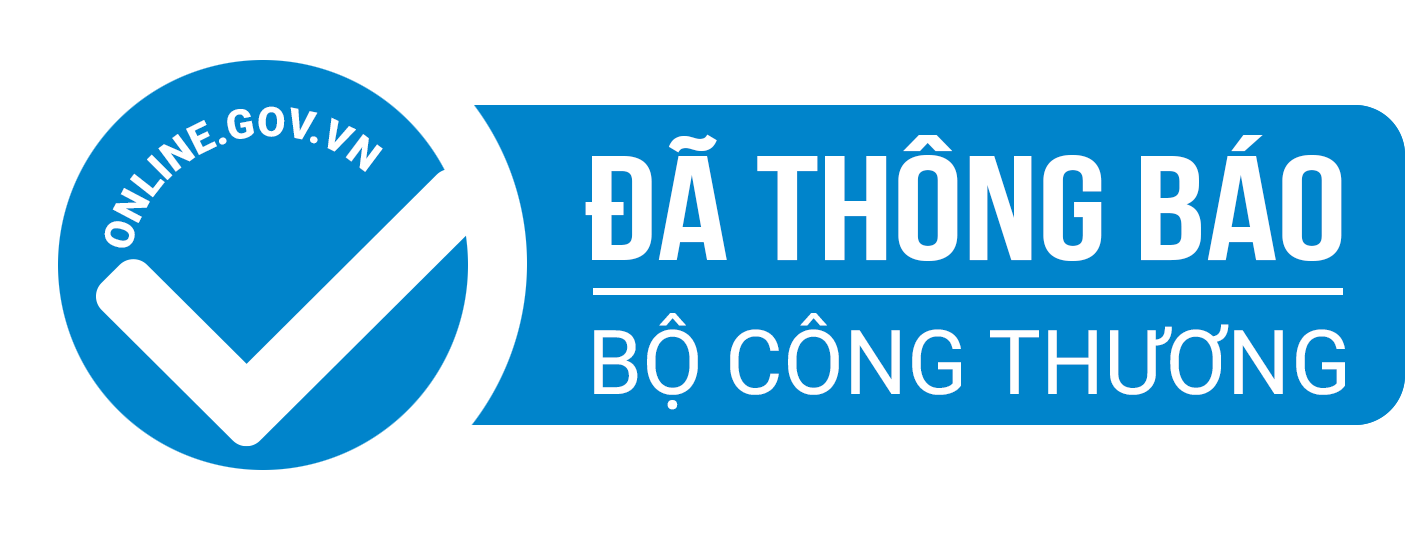High Blood Pressure
Everyone has blood pressure. The pressure is created by your heart pushing the blood through the blood vessels of your body. Pressure is needed to get blood around your body.
Your blood pressure can go up and down during the day, depending on what you are doing and how you are feeling. People have high blood pressure when their blood pressure is constantly higher than is needed, even when they are relaxed and sitting quietly. Maintaining blood pressure at the right level for you will help keep your heart healthy.
WHO IS AT RISK?
You are at greater risk of having high blood pressure if you:
- Have other family members with high blood pressure.
- Are overweight, don’t exercise.
- Have too much fat and salt in your diet.
- Take the oral contraceptive pill.
- Take certain medicines (ask your doctor).
- Drink too much alcohol.
If high blood pressure is not detected early enough or not treated as well as it could be, it can lead to:
- Stroke—a blood vessel supplying blood to a part of the brain is blocked or leaks.
- Heart attack—a narrowed blood vessel supplying blood to the heart is totally blocked, damaging part of the heart.
- Heart failure—the heart becomes exhausted and can’t keep the blood circulating through the body.
- Kidney damage.
- Eye damage.
If you smoke, you are even more likely to have these problems.
SIGNS & SYMPTOMS
Usually there are no symptoms of high blood pressure until the continued pressure damages certain organs. This can happen after years of having high blood pressure.
Having your blood pressure checked every 1–2 years can detect high blood pressure before any damage is done.
When your blood pressure is measured, your reading will include two numbers (e.g. “120 over 80”). These refer to the systolic (“120”) and diastolic (“80”) blood pressure. Systolic blood pressure is the pressure inside the blood vessels when the heart pumps blood out through the body. Diastolic blood pressure is the pressure inside the blood vessels in between heart beats, when the heart is resting.
IMPORTANT
You should see your doctor if you have:
- Diastolic blood pressure consistently over 90mmHg or systolic blood pressure consistently over 140mmHg.
- Swollen ankles, fingers.
- Breathlessness.
- Blurred vision.
- Repeated nose bleeds.
- Repeated morning headaches.
MEDICINES
- Medicines can control, but not cure, high blood pressure. Usually you will need to take blood pressure medicine for the rest of your life.
- Remember to take your blood pressure medicine as directed (ask your doctor).
- Have your blood pressure checked every 3–6 months to make sure your medicine is working well.
- Talk to your pharmacist or doctor about any problems you have with your medicine. Don’t be embarrassed. You should feel well—if not, your doctor can prescribe another medicine from the wide variety available.
- Talk with your doctor before being tempted to reduce or stop your medicine because you have no symptoms.
- Avoid medicines with high sodium (salt) content (read the label and ask your doctor).
- Avoid medicines that raise blood pressure. These include non-prescription medicines such as some cold and flu medicines (ask your doctor).
SELF CARE
High blood pressure needs to be lowered. This means maintaining a healthy lifestyle. For some people it may also mean taking medicine.
- Keep at your ideal weight.
- Reduce the amount of fat you eat.
- Reduce salt by choosing:
- Fresh foods.
- Foods that usually don’t have added salt, e.g. rice.
- Low-salt and no salt-added foods.
- Always read the label on packaged foods.
- Eat at least four servings of fruit and vegetables each day.
- Choose low salt whole grain cereals.
- In cooking, use natural substitutes for salt—herbs, spices, vinegar, lemon juice, onion, garlic, chives, chilli.
- Be a non-smoker.
- Limit alcohol to 1–2 drinks a day.
- Exercise regularly.
- Learn to relax.
- Have your blood pressure measured every year if you are over 40 and more often if you have high blood pressure.


